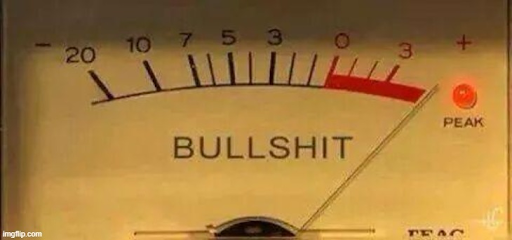Public goods are not what you think they are.
And we all have gotten it wrong.
Are you a Public Goods advocate? This article is for you! Today we'll explain why Commons is a better alternative and how to avoid the misuse of the term "public goods".
In traditional economics, public goods are those that are non-excludable and non-rivalrous and are usually managed by the government. An example is national security or open source software.
Continuing with the Traditionalists.... Common Resources are products or resources that are not mutually exclusive but are rivals, which can lead to the "Tragedy of the Commons".
Shall I tell you something? Those are pure lies!

The tragedy of the commons is undoubtedly the tragedy of the markets, for it points to an open access regime: a selfish pitched battle in which there is no community, no communication or negotiation between people, no rules, and no punishment for breaking them.
Elinor Ostrom won the Nobel Prize in economics by debunking this pseudo-theory that universities have been parroting since 1968.
However, even though Elinor Ostrom is a 🦸 for us, she also followed a traditional perspective. She conceived of the commons primarily as natural resources.
To understand why everyone in web3 incorrectly uses "public goods" we must understand that there is an ontology that really defines what we do, and the neoliberal one is NOT.
Ontology is a window or portal from which we look at and live life.
The words we use come loaded with that experience and are so powerful that they have effects on everything we do.
That is why we must be aware of what window and what words we use.
From a postCapitalist perspective, the Commons are social systems composed of:
-
🌎 a resource or living system valued and protected by a community,
-
👨👩👧👦 a community whose life is related to that resource or living system, and
-
🤝🏽👨🏽⚖️ a governance system.
Do these three elements sound familiar? Let's put them in context to the Web3 ecosystem:
-
🌐 In web3, we create a resource -protocol, smart contract or educational material, which we value because it brings a good towards a specific community or towards society in general, right?
-
🤝🏽 In web3, we form a virtual and/or local community that is interdependently related to that resource or system that we appreciate, right?
-
📜 In web3, we form governance systems to protect and ensure the continuity of our community and living system or resource we value. We are governance nerds, aren't we?
So, we could confidently say that in web3 we tend to build commons and NOT public goods.
or what do you think?
👀 It is important that we distinguish between the term Public Goods and Commons.
The terms are full of essence behind, using one or the other leads us to different paths...even if we don't have the intentions.
Do us a favor, when you hear or read someone say Public Goods or Commons, please make this face:
If you are Regen, it is your duty to question, criticize, and demand change 👉🏽🌱🌻
If you want to see the full presentation, with more memes and a visualization exercise, check out the one we gave at Ethereum Guatemala in Spanish: